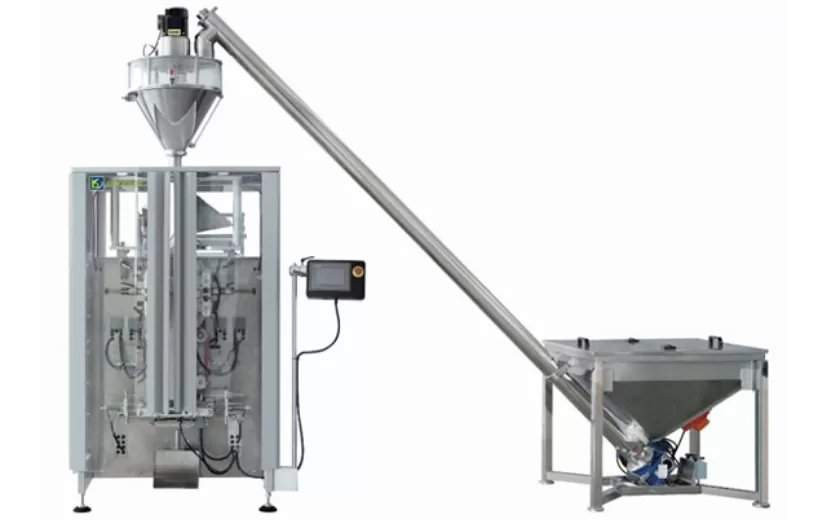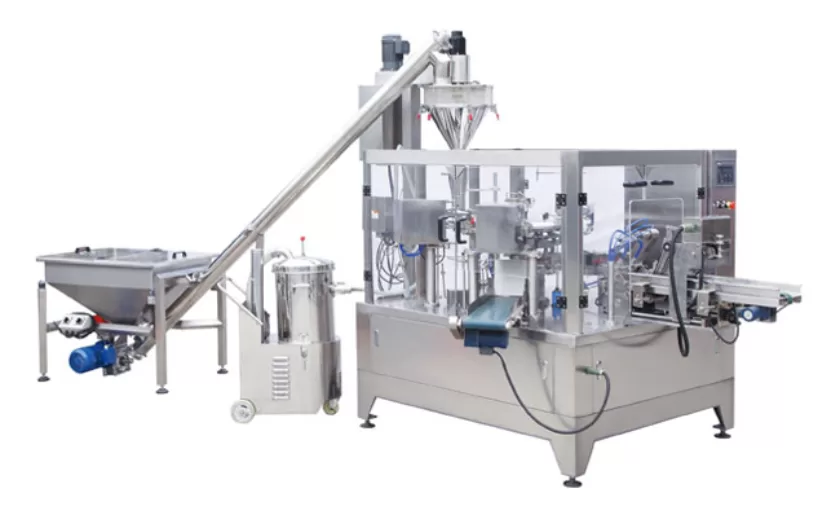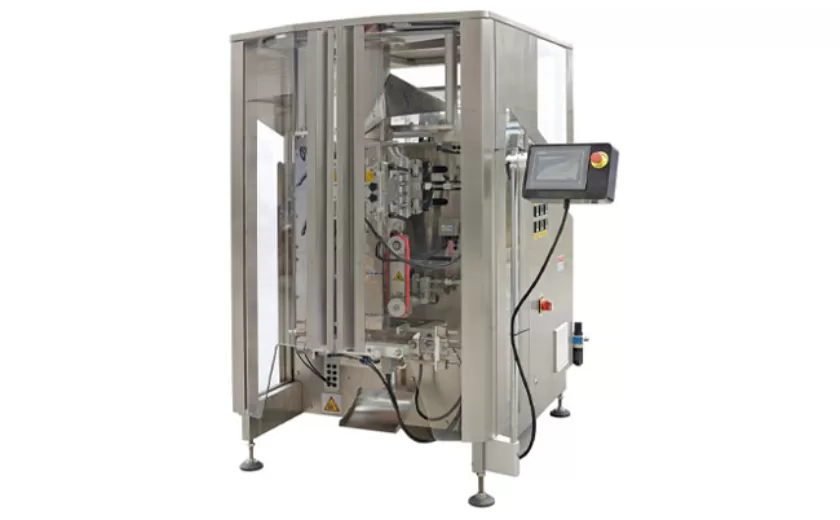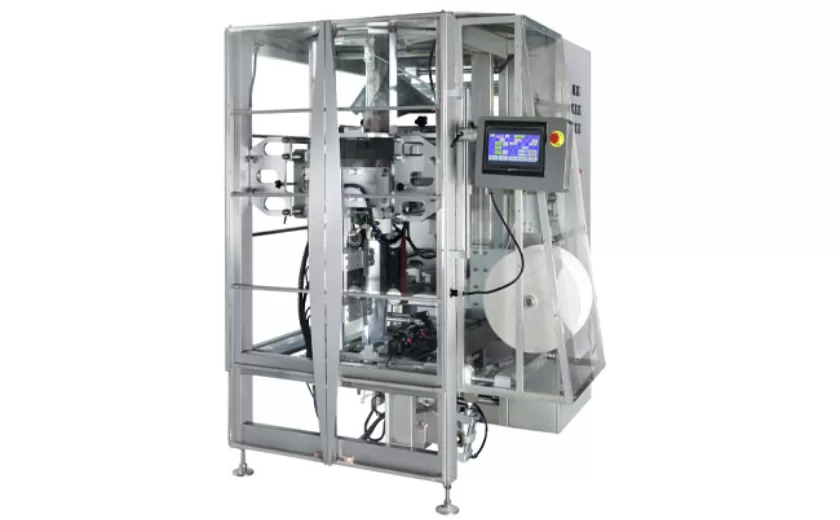Troubleshooting Common Issues with Liquid Milk Packing Machines
Liquid milk packing machines are essential equipment in the dairy industry, ensuring efficient and hygienic packaging of milk for distribution and consumption. However, these machines can occasionally encounter issues that affect their performance and productivity. Troubleshooting such issues requires a systematic approach to identify and resolve them effectively. This article provides a comprehensive guide to troubleshooting common issues associated with liquid milk packing machines.
Machine Malfunction
Electrical Faults: Check for power supply problems, loose connections, blown fuses, or damaged wiring. Ensure proper electrical connections and replace faulty components as needed.
Mechanical Failures: Inspect moving parts, such as gears, belts, and pumps, for wear, damage, or misalignment. Tighten or replace damaged parts, and adjust alignments to ensure smooth operation.
Packaging Defects
Leaking Cartons: Verify proper sealing of cartons by inspecting sealing rollers and heaters. Adjust settings or replace worn components if necessary. Check for punctures or tears in carton material.
Contaminated Milk: Inspect the filling and sealing areas for any contamination sources. Clean and sanitize the machine thoroughly, and ensure proper sterilization of packaging materials.
Reduced Efficiency
Slow Filling: Optimize filling nozzle settings to ensure efficient flow of milk. Check for clogged nozzles or obstructed lines, and clean or replace them as required.
Ineffective Sealing: Adjust sealing temperature and pressure settings to ensure proper bonding of cartons. Inspect sealing rollers for damage and replace them if necessary.
Other Issues
High Noise Levels: Locate the source of noise by isolating machine components. Tighten loose parts, replace worn bearings, or lubricate moving components as needed.
Excessive Foam: Adjust filling speed and nozzle height to minimize air incorporation during filling. Clean the filling system regularly to prevent milk residue buildup.
Troubleshooting Process
1. Identify Symptoms: Observe the machine’s behavior and note any unusual noises, smells, or leaks.
2. Consult Documentation: Refer to the manufacturer’s manual for specific troubleshooting guidelines and error codes.
3. Inspect Components: Check for loose connections, damaged parts, or contamination.
4. Adjust Settings: Optimize settings for filling speed, sealing temperature, and pressure based on manufacturer’s recommendations.
5. Clean and Sanitize: Regularly clean and sanitize the machine to prevent contamination and improve efficiency.
6. Contact Support: If the issue persists after troubleshooting, contact the manufacturer or a qualified technician for further assistance.
Troubleshooting common issues with liquid milk packing machines is essential for maintaining optimal performance and productivity. By following the steps outlined in this article, operators can effectively identify, resolve, and prevent recurring problems. Regular maintenance, proper machine operation, and timely intervention are crucial for ensuring the smooth and efficient packaging of liquid milk.
-
Precision Filling with Auger Type Powder Filling Machines
25-07-2025 -
Versatile Auger Packing Machines for Precision Powder Filling
25-07-2025 -
High-Precision Auger Filling Machines for Efficient Powder Packaging
25-07-2025 -
Versatile Vertical Form Seal Machines for Efficient Packaging
20-07-2025 -
Advanced Vertical Wrapping Machines for Streamlined Packaging
20-07-2025 -
Versatile and Efficient Small Vertical Form Fill Seal Machines for Modern Packaging Needs
20-07-2025 -
Reliable Solutions for Liquid Filling and Packing in Modern Production
11-07-2025 -
Precision and Efficiency with Liquid Packaging Machines
11-07-2025 -
Efficient Solutions with Granule Packaging Machines for Modern Industries
11-07-2025 -
Reliable Solutions with Auger Type Powder Filling Machines
05-07-2025













